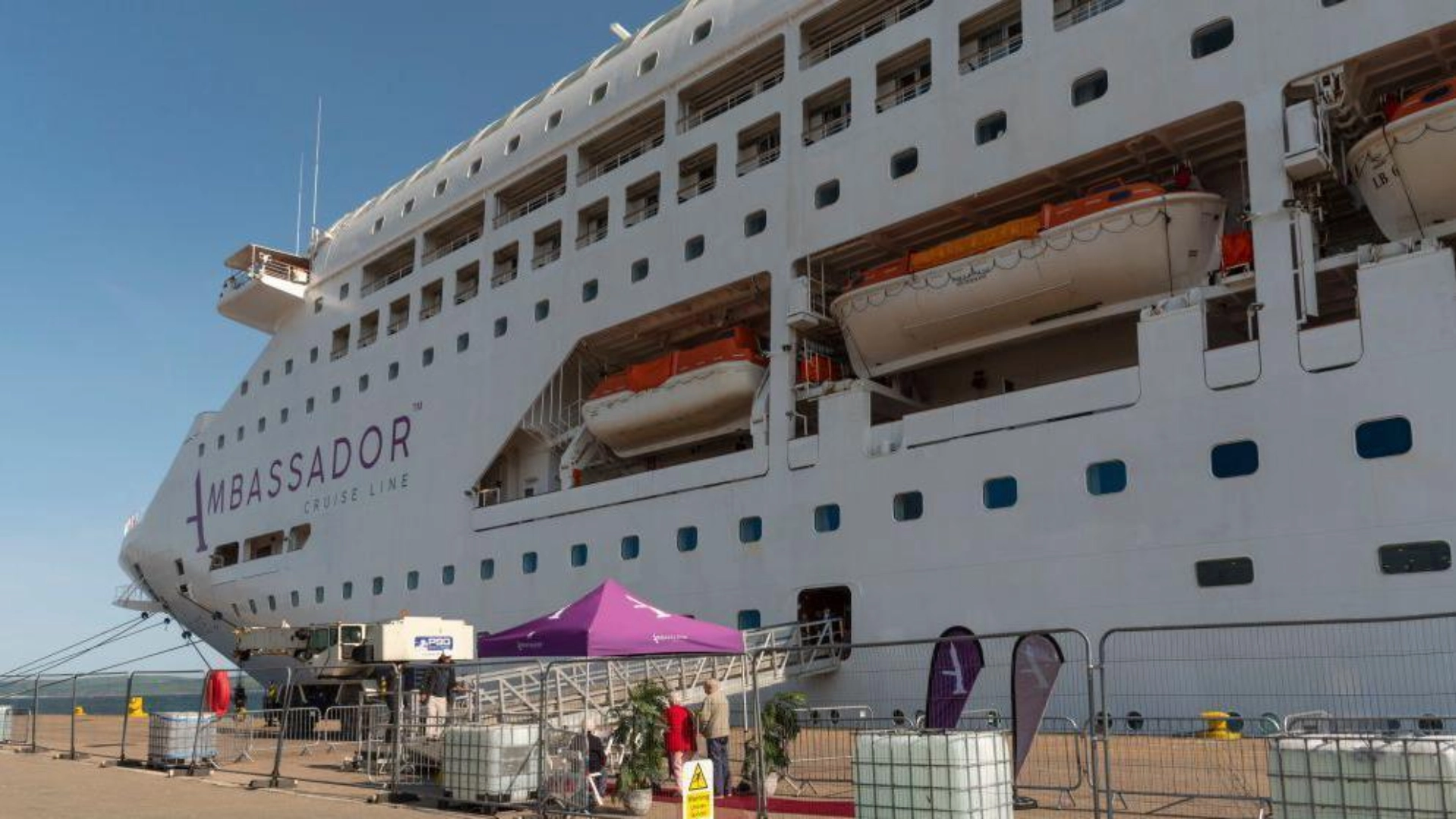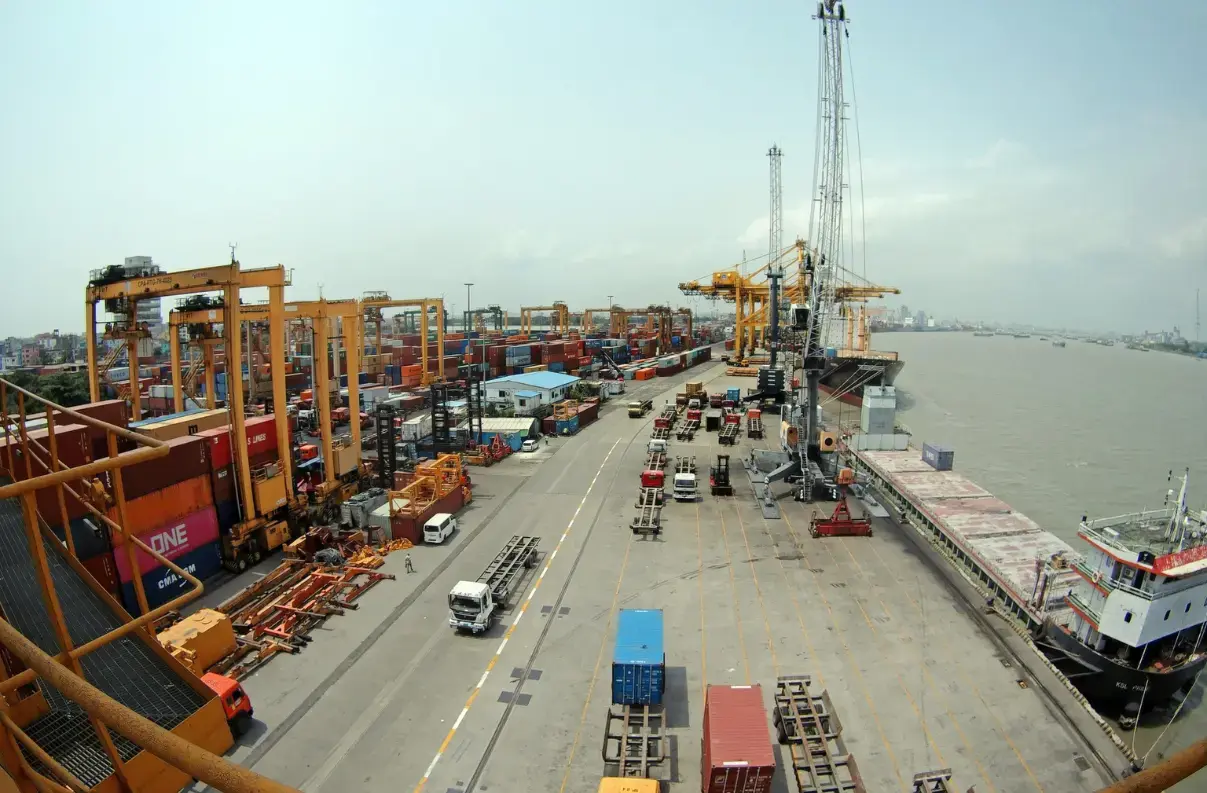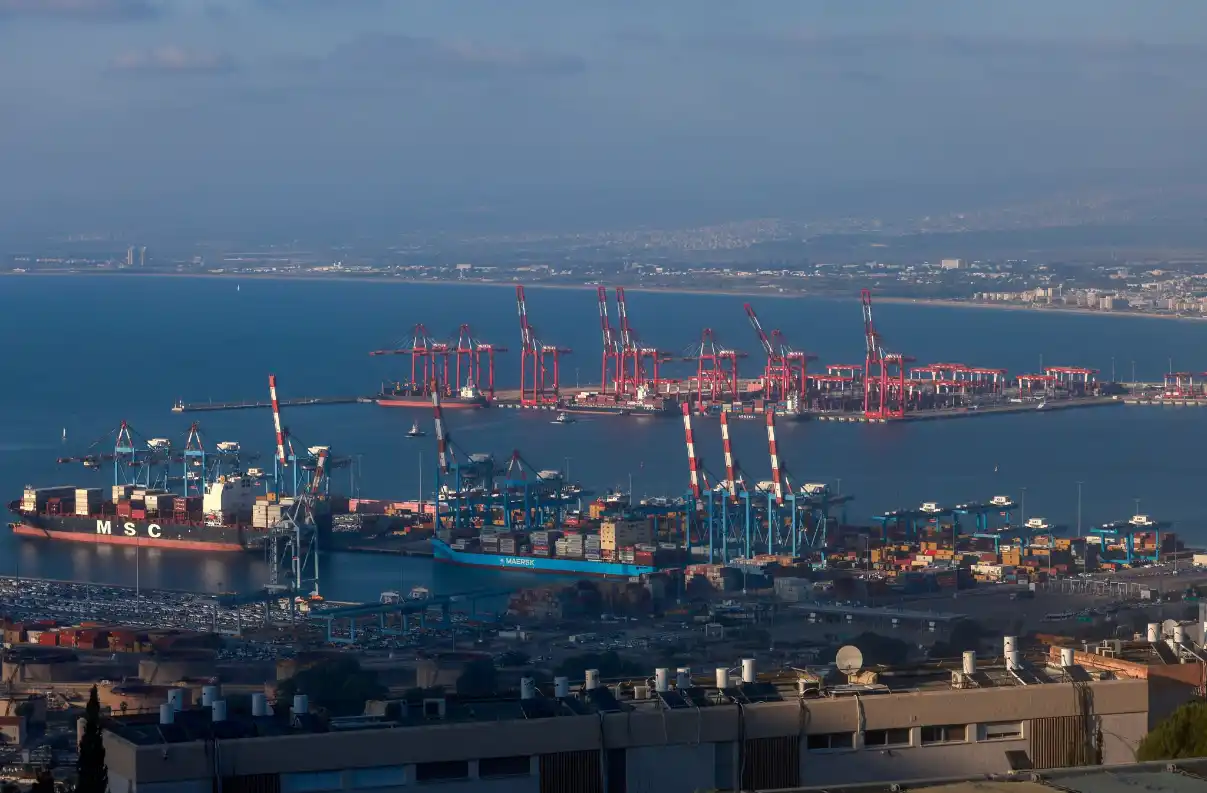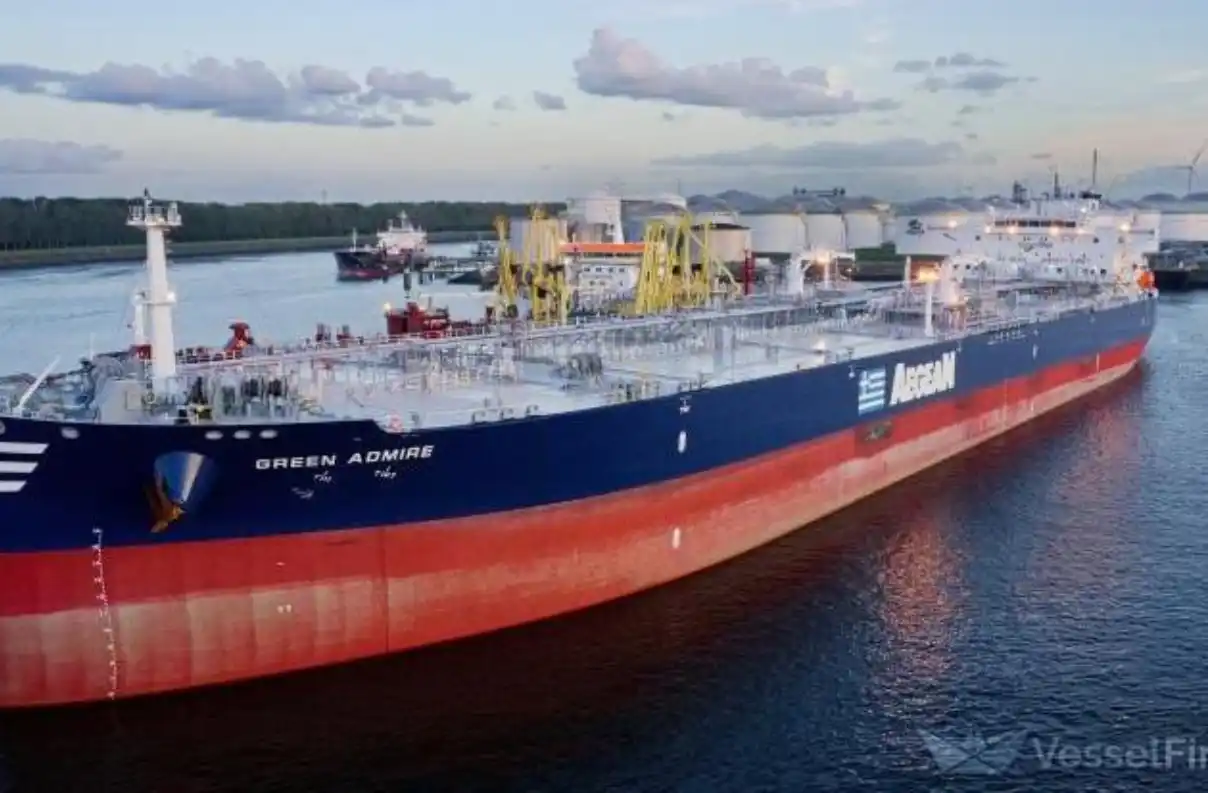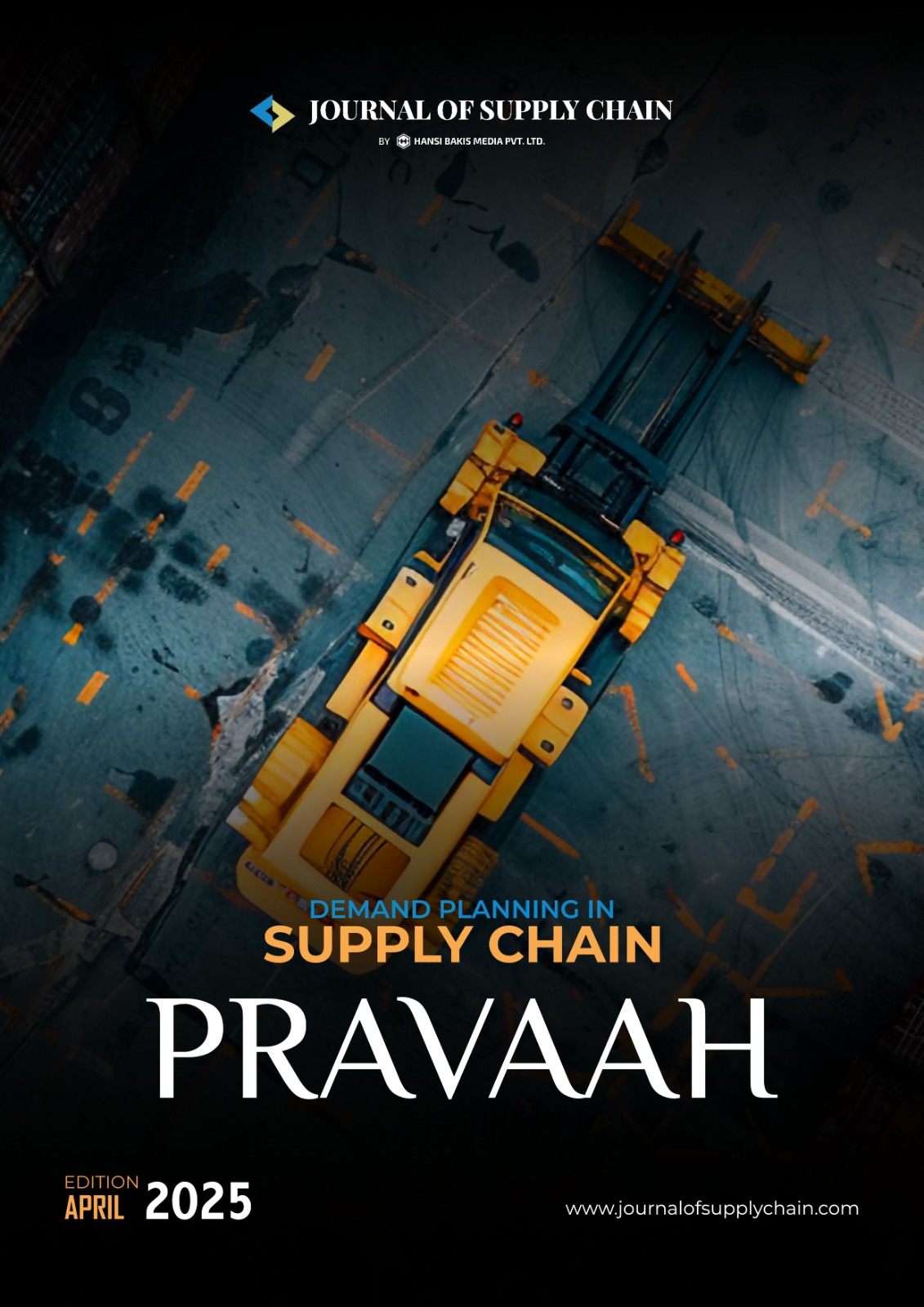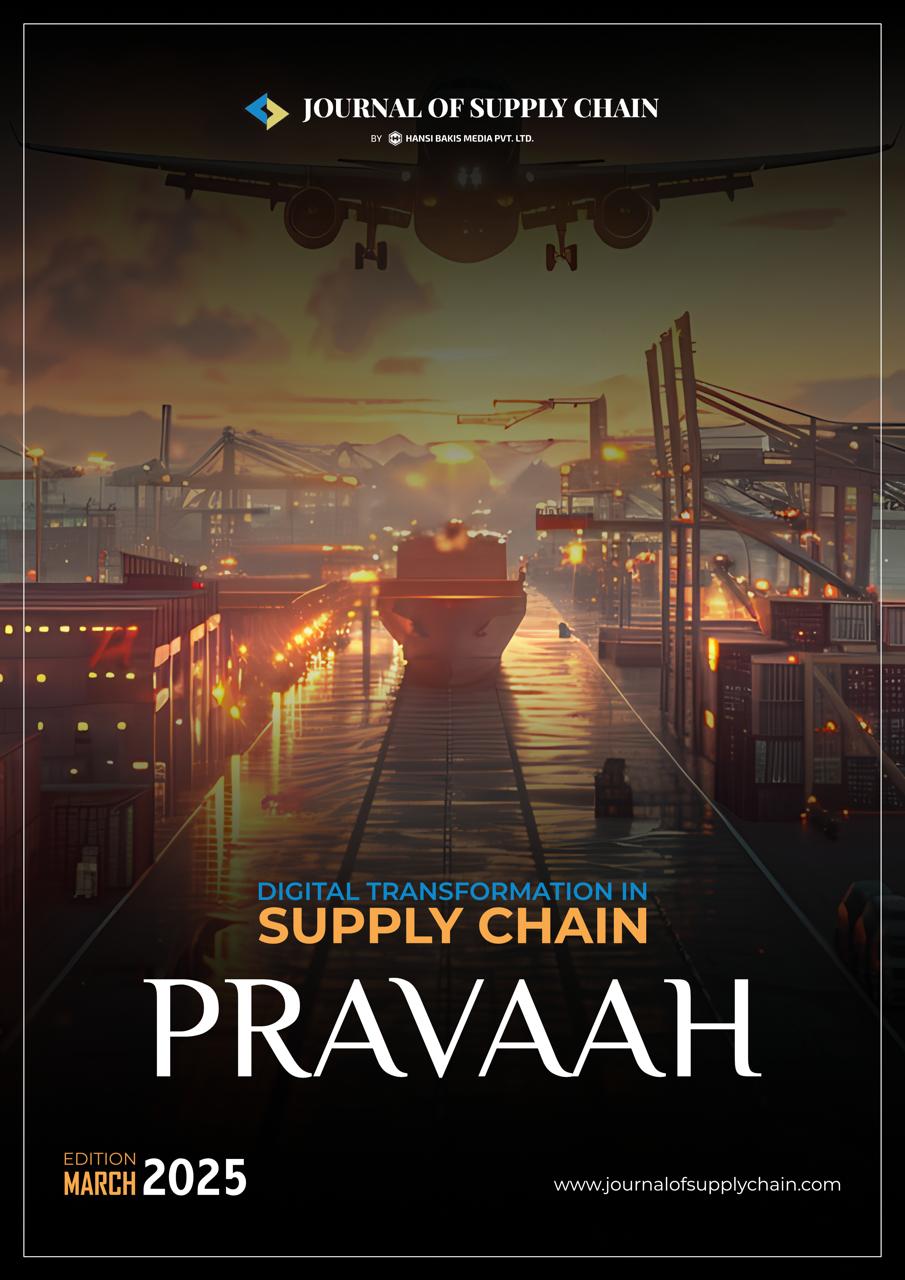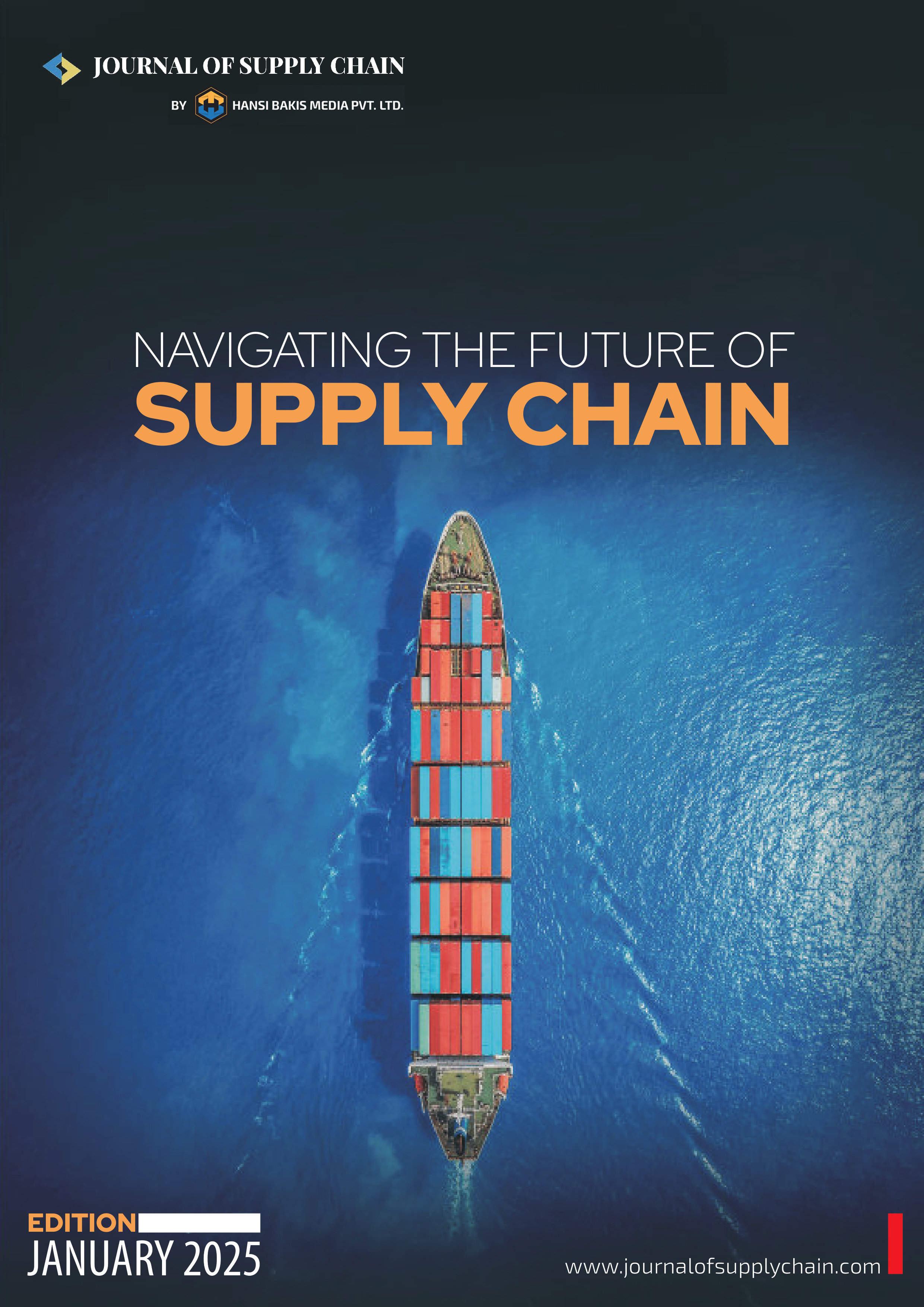Cruise ship levy splits views in busy Highland portt
In 2024, Scotland welcomed an estimated 1.2 million cruise passengers, underscoring the growing importance of port logistics and maritime tourism to local economies. Yet, a proposed cruise ship levy has sparked debate in Invergordon one of Scotland’s busiest ports where residents and business owners like Sandra Munro, who runs the Tanstar gift shop, are apprehensive about its potential fallout. Sandra, whose business thrives on cruise tourist footfall, fears the levy could discourage visits or reduce tourist spending, especially amid broader economic strain. “Everyone is struggling just now more charges might stop them coming altogether,” she said, reflecting the worries of many small businesses’ dependent on port tourism. This local debate mirrors global challenges in port logistics and freight handling, where policy shifts can significantly impact port throughput, business viability, and regional trade flows. While India grapples with port congestion in major hubs like Nhava Sheva and Mundra, European ports are facing decisions on sustainable tourism and economic equity. As governments explore strategies like smart ports and digital infrastructure to improve efficiency and transparency in supply chains, balancing economic gains with equitable local development will be critical. In the context of supply chain resilience, port-level decisions whether about cruise taxes or freight digitization—are increasingly shaping global trade ecosystems.
